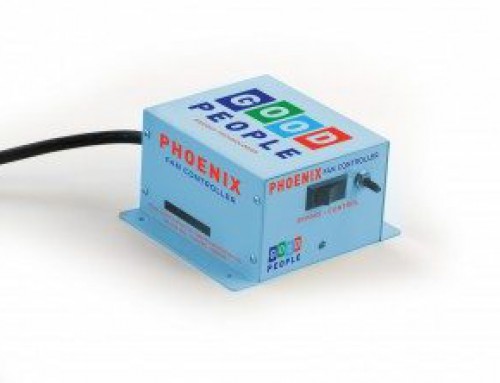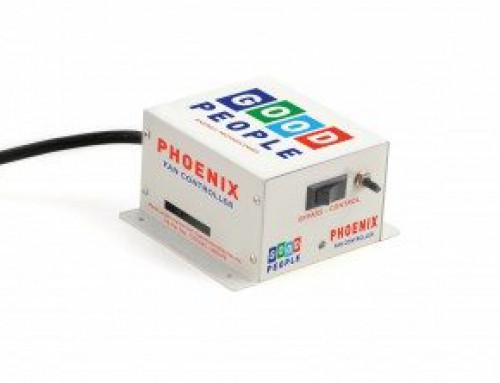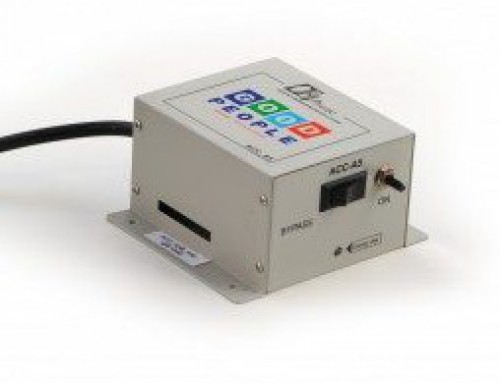If you are growing a substantial food business, there will come a time to sell. This might come early, when you sell off a portion of your company to investors for cash to fuel your growth. Or this might come late, when you’ve taken things as far as you want to and it’s time to cash out. When the big deal nears, you are likely to find everything hanging on the investor or buyer’s completing “due diligence” before they commit to a price or close the deal.
Due diligence is the business equivalent of the house inspection when you are buying a home. Instead of a home inspector, the investor has experts in finance, law, and business strategy review the business inside and out, including financials, contracts and other legal documents, and business records. Some will go so far as to interview employees, suppliers, and customers to make sure they know what they are buying.
I’m fond of the statistic of 81% of business value in today’s company resides in its intangibles. Because intellectual property is one of the best documented intangibles, it’s one of the places investors can look hard when conducting due diligence. If you are selling (including bringing in outside investors), then you want to make sure your intellectual property is in order.
So, here is a handy 11 point checklist (it was going to be 10, but I couldn’t control myself) that I put together for a talk on food business finance for Slow Money NYC. A word of caution, it’s really best to work on this stuff long before you are involved in a deal or even looking to sell. IP can be slow and most of this stuff is easier to do as you go than to go back and clean up later.
- Did you capture all of the IP in the company? When the company was formed, did all of the original ideas, technology, trademarks, and media get transferred from the founders into the company and have you used employment and service agreements to assure that IP created by and for the company is fully owned by the company?
- Did you steer clear of other people’s trademarks? Did you search your trademarks before you adopted them (house marks, slogans, product marks, etc.) and are you certain that no one else has a claim to them? This can be particularly relevant when a local or regional product is seeking expansion capital for new markets, such as building a national brand. If there are close calls, investors may even require an opinion of counsel that confusion and legal action are unlikely.
- Have you identified the key elements of your brand and used them consistently? Do you have a list of everything you are using as a trademark and proof of consistency across products, advertisements, partnerships, social media, etc.?
- Do you have Trademark Registrations in the U.S. and any significant foreign markets? Can you provide a list of registration numbers (and dates) for all of the major elements of your brand, including your company name, logo, and critical product names, slogans, labels, or other significant brand assets?
- Have you secured all appropriate domains and social media accounts? Even if you aren’t active on all social media platforms or do not intend to use more than your primary domain, have you registered with other platforms and domains to prevent others from subverting your brand?
- Did you protect your trade secrets? Did you use Non-Disclosure Agreements (NDAs) and confidentiality clauses in relevant contracts to protect your trade secrets?
- Can you identify business-critical trade secrets and how they are maintained? Do you have a trade secret inventory and the policies and procedures to maintain them, including a cross-reference between personnel and access to key secrets (particularly important when a transaction is likely to create turnover)?
- Have you been careful in selecting and using software and media? Is all software, images, and other media used by your company internally developed or appropriately licensed to avoid infringing other people’s copyrights or other IP?
- Have you registered copyrights for websites, catalogs, or other critical media assets? Can you provide a list of copyright registrations and dates for important media?
- Do you have any patents? Can you provide a list of patent numbers for any core innovations?
- Have you used contracts to limit your exposure for IP infringement? Do you have written agreements with suppliers, contractors, social media & web users, and others that places responsibility for IP clearance (and infringement) on them?







